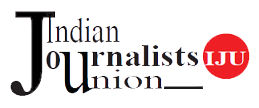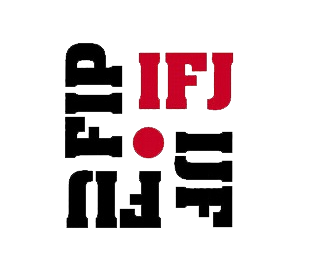Pallab Bhattacharya, Additional Director General of Police (SB) Assam, called for coordination between police and the media persons as it was important in preserving media rights and safety of journalists. Addressing a workshop-cum-seminar held on 10 December, 2018 at the Dispur Press Club, Guwahati on Safety of journalists, he commended role of the mass media in informing the people of the happenings in the remote areas. He said at times he came to know of incidents of violence and crime in the state from the media even before he got the information from the official channels. He also said that sometime unverified news published in media created lot of misunderstanding and confusion.
The senior police officer said they would take all possible steps for the protection of journalists in the state. Referring to a suggestion for appointment of a high power committee to discuss and take immediate corrective measures whenever an attack took place on journalists or media organisations, he said, he would discuss it with the Chief Minister. He said he would always be available to the journalists and would act promptly on their complaints.
A one-day seminar-cum-workshop was organized under the leadership of Journalists Union of Assam (JUA) at Dispur Press Club, Guwahati involving two other organizations Assam state committee of Association of Small & Medium Newspapers of India and Journalists Federation of Assam. Indian Journalists Union (IJU) leader and former member, Press Council of India (PCI) K. Amarnath who attended as resource person, said that frequent attacks on journalists create an environment of selfcensorship in media which was harmful to democracy. He said that only unity among the media persons could build resistance against attacks on media and freedom of expression. Amarnath said Parliament should enact a law for the safety of journalists.
Rajiv Prakash Baruah, Director, Information and Public Relations Department, said the present state government has decided to pay Rupees 5 lakhs to each family of 32 journalists killed or missing in the state since 1990. He also assured the state government would take all possible steps to help the small and medium newspapers of the state with regard to the issuance of advertisements.
The participants in the seminar-cum-workshop discussed the UN plan of action on safety of journalists. The seminar has resolved to set up a State Alliance of Media Safety comprising all journalists unions of the state. The seminar also decided to establish an Eminent Group of Journalists (EGJ) to serve as a mediation platform between media workers and media owners as well as between media and the government authorities. The seminar urged the state government to enact a special law to protect the journalists of the state in line with Maharashtra. It also urged the government to appoint a special prosecutor exclusively to take up and pursue cases of attacks on media and media workers to promote a culture of justice and accountability.
The seminar also asked the government to set up a fast track court to deal with the media right violation on day to day basis. It opined that a set of Safety Protocols for journalists should be put in place by the industry outlining minimum safety standards and procedures. The seminar adopted the following resolutions: A set of “Safety Protocols for journalists” should be developed by the media industry outlining minimum safety standards and procedures, based on best practices on safety of media practitioners. The Safety Protocols for journalists should be endorsed, adopted and implemented by media organizations that hire journalists and media workers.
The signature “Code of journalism ethics” adopted by representative media associations and media regulating bodies should be amended to make safety of journalists the number one obligation in each one of these. A “Media Legal Aid Fund” should be established to make available resources for journalists to invoke legal processes to pursue justice as one of the key means of combating impunity. The government should facilitate in consonance with working journalists’, associations, high level investigation into the cases of all journalists killed so far to render justice to their families. The representative media associations should engage with all the political parties to include protection of media freedom as part of their party manifestos. Press clubs and media centres should be converted into resource hubs on safety of journalists providing training, tools, and technical resources.
A photo gallery of the slain journalists of the state should be established in the premises of the press clubs and journalists unions' offices; Statues of slain journalists like Kamala Saikia, Punarmal Agarwala and Parag Kumar Das be installed at prominent places.




